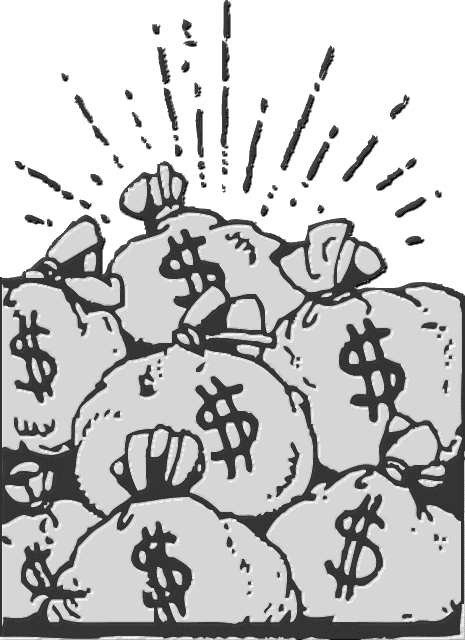Development as Money?
Posted in The Gnovis Blog
On a recent drive to NYC, I (of course) was listening to NPR’s All Things Considered when a piece called “Ecuador’s Hurting Families Find Hope With JUCON I” came on air. In the city of Guayaquil, Ecuador, there are thousands of street children who sell goods to the many tourists who pass through the city on the way to the Galapagos. What JUCONI (a Spanish acronym for Together with the Children) focuses on is family reunification to get these street children back to their homes and ultimately create a better home life through such services such as counseling.
One crucial aspect of the program is the level of individual attention, face-to-face dialogue, and time spent. The Angulo family and JUCONI, with one specific therapist, have worked together for six years: family healing takes time. The program has been successful, and the founder of JUCONI, Sylvia Reyes, wants to expand to other cities around the world.

While there are many things I could talk about in this example of a development program, what really struck me as I was driving was a question from interviewer Larry Abramson. He asked a very simple question along the lines of, “Don’t the families just need more money?”
Money is at the crux of development, and many people, like Abramson, wonder if that is simply a solution. Write a blank check to the poorest of families and their life will be better. While a blog is not the place to delve into all the reasons the above statement is false (economic, social, cultural, political, legal, etc.) I will look at one angle: how one values money.
In the book Marginal Gains: Monetary Transactions in Atlantic Africa, Jane Guyer examines the cultural beliefs about money and time within Africa compared to Western ideals and constructs. She argues that money is treated differently in the African context and quotes Mirowski that “the insight that value is contingent, hermeneutic, negotiable, and nonnatural” is a necessary one to have when understanding economic development work within Africa (pg. 13). In the western world, money and time are inseparable, and our assigned value to a piece of paper does not change. We follow our rules and don’t view the value of money as “negotiable”. By understanding the difference among cultures, we can see that money is not necessarily a universal solution as value and meaning can differ.
Money was not talked about again in the NPR piece on JUCONI. Instead, they were able to see tangible results through counseling. The therapist provided an outlet and safe space for traumas to be discussed, and through the dialogic process, the family was able to begin to heal from the decade of trauma. Money was not the answer in this situation – being able to have voice was.
